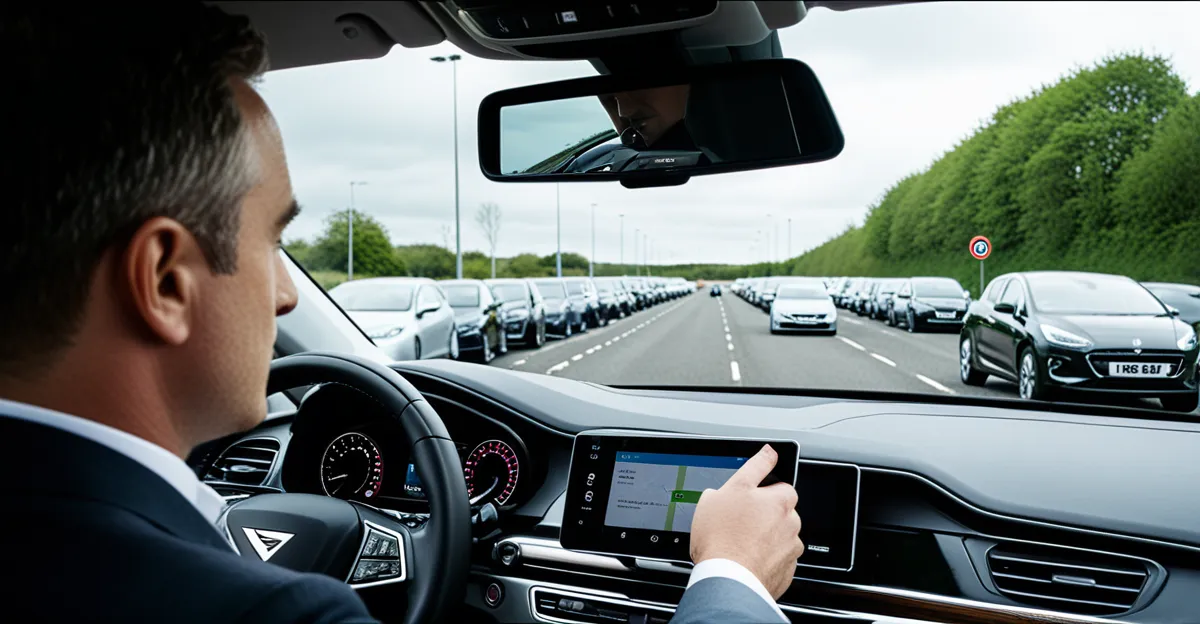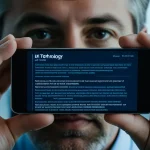Meeting Consumer Demand for Automotive Connectivity in the UK
Consumer demand in the UK automotive industry for enhanced vehicle connectivity continues to rise rapidly. Drivers increasingly expect seamless integration of digital services into their vehicles. The most sought-after connectivity features include in-car Wi-Fi, advanced infotainment systems, and compatibility with IoT devices.
Wi-Fi access within vehicles enables passengers to stay connected during journeys—important for both work and entertainment. Automotive infotainment offers rich audio-visual experiences and intuitive interfaces, making driving more engaging and convenient. IoT integration expands functionality by connecting vehicles to smart home devices and traffic management systems, enhancing safety and user control.
Also to read : What Are the Key Challenges Facing the UK’s Automotive Innovation Industry?
For UK automakers, meeting these connectivity demands is not just a technical challenge but a competitive imperative. Brands that successfully incorporate these features position themselves as industry leaders aligned with evolving customer expectations. This strategic focus on connectivity contributes to brand loyalty and strengthens market share in a highly competitive landscape.
Ultimately, embracing vehicle connectivity helps UK car manufacturers stay relevant as consumer priorities shift towards tech-driven, connected driving experiences. The industry’s ability to innovate in this realm will define its success in the coming decade.
Also to read : How Could Emerging Technologies Revolutionize the UK Automotive Industry?
Connectivity Trends Shaping the UK Automotive Market
Consumer priorities have clearly evolved, driving rapid adoption of in-car Wi-Fi, automotive infotainment, and IoT automotive trends. In the UK automotive industry, connected vehicle features are no longer luxuries—they are expected essentials. Studies show that a significant percentage of drivers now consider reliable Wi-Fi a key factor when choosing a vehicle. Automotive infotainment systems have similarly seen widespread acceptance, offering intuitive touchscreen controls, smartphone integration, and voice-activated commands.
IoT integration has taken center stage, linking cars to broader digital ecosystems. Devices like smart home assistants and traffic management tools are increasingly embedded within vehicles, creating a seamless user experience that extends beyond the car. This integration allows real-time updates, predictive maintenance alerts, and enhanced navigation functionalities.
These connectivity trends reshape how UK car manufacturers develop future models. Shifts in consumer demand focus development toward highly connected, user-centric vehicles with comprehensive digital ecosystems. Automakers recognizing these shifts strengthen their competitive edge and position themselves to meet growing expectations for smarter, safer, and more enjoyable driving experiences. The convergence of Wi-Fi, infotainment, and IoT in vehicles signifies a defining trend that continues to accelerate within the UK automotive market.
UK Automakers’ Initiatives Addressing Connectivity
UK car manufacturers are actively responding to rising consumer demand by launching new connected car models featuring cutting-edge technologies. Leading automakers integrate advanced vehicle connectivity features such as high-speed in-car Wi-Fi, enhanced infotainment systems, and seamless IoT automotive trends to meet evolving driver expectations.
Strategic tech partnerships have become crucial. UK manufacturers collaborate with technology firms specializing in software development, cloud services, and telecommunications to embed robust connectivity platforms into vehicles. These collaborations support tailored solutions, ensuring that connectivity features are optimized for UK driving environments and consumer behavior.
Custom software development is another key focus. Companies design intuitive user interfaces and apps that offer personalized experiences, remote vehicle management, and real-time updates. This software-centric approach enables UK car manufacturers to differentiate their models competitively, responding effectively to increasing consumer demand for reliable, integrated connectivity.
By combining hardware innovation with strategic partnerships and tailored software platforms, UK car manufacturers position themselves at the forefront of the connected vehicle market. These initiatives not only satisfy current consumer demand but also establish a foundation for continuous innovation in a rapidly evolving automotive landscape.
Industry Statistics and Market Insights
Recent automotive connectivity statistics UK reveal a strong upward trend in connected vehicle adoption. Studies report that over 60% of new vehicles sold include some form of connectivity, highlighting significant market growth. This surge aligns with rising consumer data indicating enhanced demand for seamless, always-on digital experiences while driving.
Market growth is especially evident in segments featuring in-car Wi-Fi and advanced infotainment, where adoption rates exceed 50% among new UK models. This rapid uptake reflects consumers’ preference for integrated media, navigation, and communication systems. Additionally, the integration of IoT automotive trends, such as vehicle-to-everything communication, increasingly influences purchase decisions.
Consumer satisfaction surveys reaffirm that connectivity features directly enhance driver experience and safety perceptions. However, they also emphasize areas for improvement, including ease of use and system reliability.
These statistics underscore the competitive imperative for UK automakers to prioritize connectivity. Firms leveraging rich consumer data and meeting evolving expectations secure greater market share. By understanding detailed consumer attitudes and mapping growth projections, UK manufacturers can tailor their strategies to maintain leadership in this dynamic sector.







